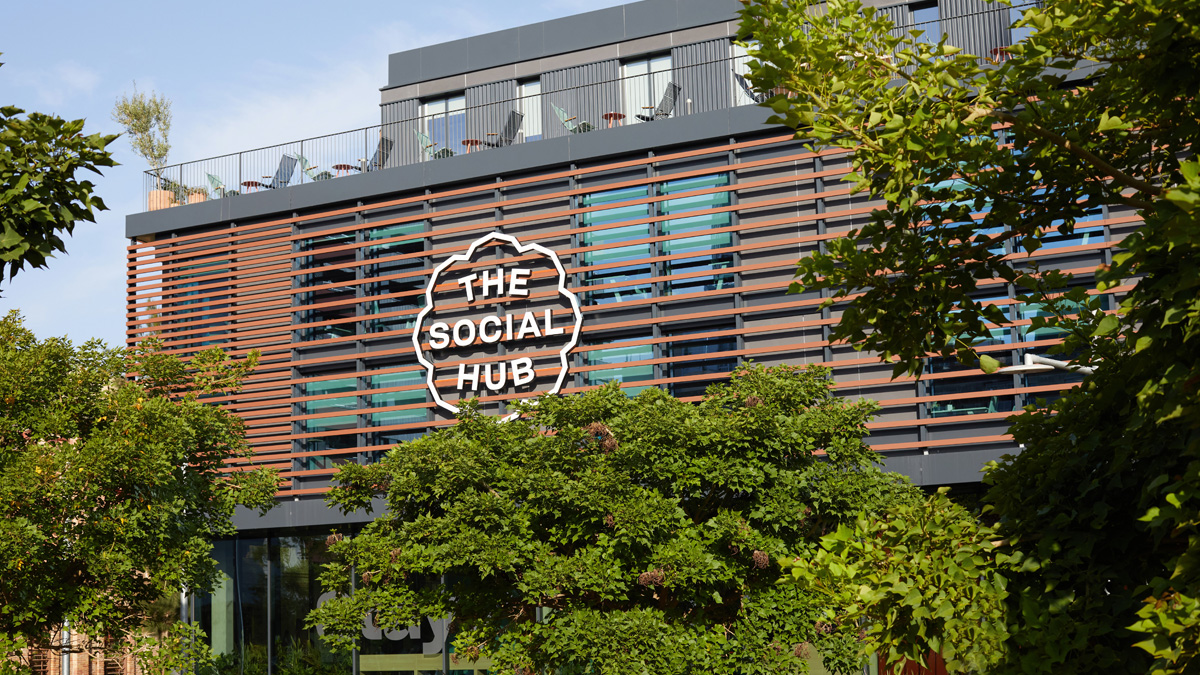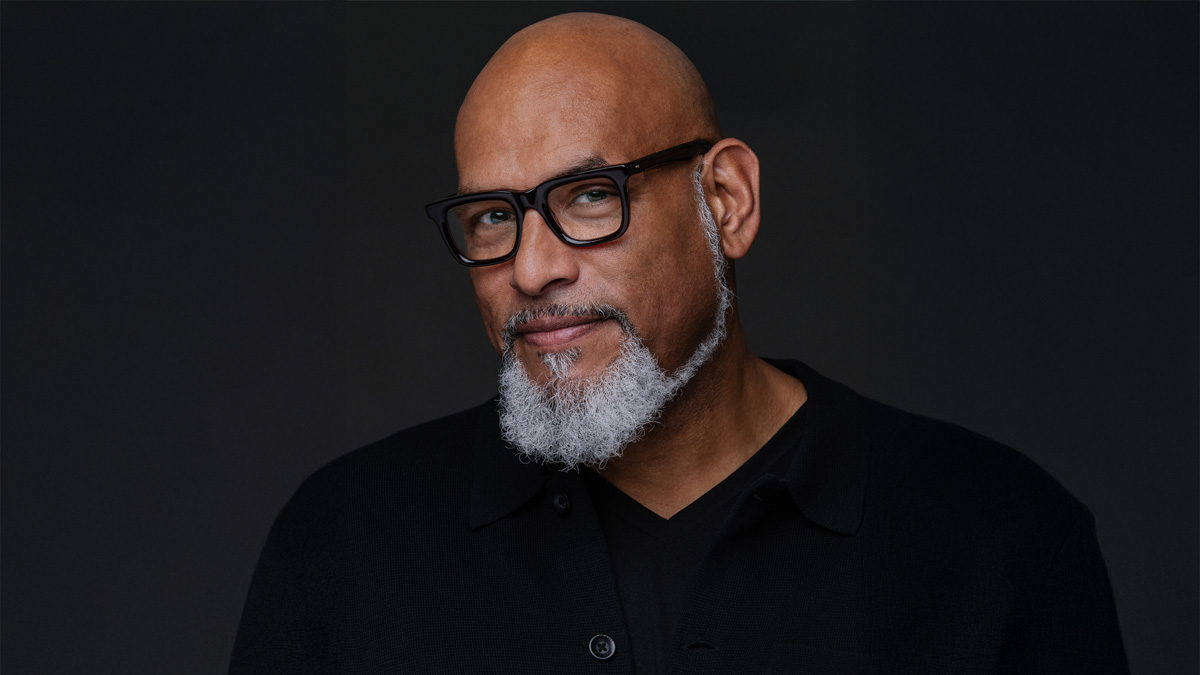
"My job was to set the table each night for family dinner. I loved doing it. I especially loved doing it when we had family or friends over, or if it was a special occasion like a birthday," recalls Clare Harris.
That childhood experience ended up being the catalyst for Talking Tables, the company she founded 26 years ago. After a fast-moving career with International Computer Limited and then IBM, Harris quit in favour of laying tables for special occasions for her friends. It needed products: bunting, candles, napkins, balloons, table covers – anything that isn't cutlery, crockery or the food itself.
From a small start, Talking Tables now has annual revenue of £25m and a team of more than 60 people. Its ambition is to double revenues and quadruple the pleasure it brings to its customers' consumers. More markets and products, and an aligned, driven leadership team are key.
The back story
Like many companies, the start was hard and slow. Giving up a well-paying job at IBM to start a business with little shape and definition – and wholly undercapitalised – is a difficult move for anyone.
After leaving home to study at Bristol University, any occasion to bring friends together for a drink or meal was found. In each instance, setting the table and creating a running order of the occasion’s entertainment was met with delight, compliments and a plea for an invite to the next event. It did not go unnoticed and planted the seed for Talking Tables.
Transitioning from a corporate career to entrepreneurship was not a smooth ride for Harris. She took in lodgers to help with the mortgage, bought an old car and got a job at Liberty in London, selling special occasion cards. Despite the daily stress of managing money and balancing tills, Harris's love for paper and cards persisted. After a much-needed break and some soul-searching, she decided to take the plunge into entrepreneurship.
From the confines of her spare bedroom, Harris sourced products from various suppliers across the UK. These products were then meticulously arranged into Christmas table themes, marking the beginning of a 12-month Christmas cycle that would eventually expand to include other occasions. Today, Talking Tables boasts a diverse menu that caters to birthdays, anniversaries, Easter, Diwali and many more.
Where we are today
“I love being with customers,” says Harris, “and ours are so different. Independent stores love trying new things to delight their customers, which feeds our innovation and new product ideas. Supermarkets stretch our thinking into arranging and organising our warehouses and suppliers and matching their commitments to environmental and consumer regulations.
"Amazon and its shifting algorithms deliver ongoing adjustments and tweaks to the mathematics of digital retail.”
However, there is little time to pause and reflect on accomplishments in a world that is changing fast. Harris has had to find new suppliers as Chinese manufacturers fall out of favour with UK consumers. The ongoing regulatory requirements of sourcing and supplying across Europe adds further complexity.
Alongside this are the issues of rising costs, geo-political conflict and climate change, all of which are changing supply chains. “It adds freight and insurance costs to each trip that we never had before. It has also extended our working capital cycle significantly given the nature of our customers,” says Mark McCormack, Harris's partner and co-owner responsible for finance and risk.
The near future
Resolving supply chain impediments is vital to sustainability and growth. The legacy of Covid-19 on SME lending portfolios resulted in changed credit algorithms that have made growth capital hard to come by. Shortened supply chains are part of the antidote. Price increases, too, could ease some working capital pressures, but they are hard to secure in an economy where the consumer is already under assault.
New markets offer an alternative. Harris is finding them on US soil and its early seeds of investment are picking up momentum across the East and Midwest economic regions. The US is a beast of an economy compared to the UK. The levels of competition are formidable across the mid-tier and corporate consumer-facing business sectors.
At least nine distinct cultures affect retail trends and behaviour across the vast economy. Small, targeted entry will, in part, prevent costly mistakes, but not nearly as much as Harris herself spending extended periods with her boots on the ground. She will read, hear and intuit the often unseen, unheard and misunderstood nuances that could unlock a future for Talking Tables that transcends the £50m revenue target set by the leadership team and builds a true British-inspired business legacy.
Scale, growth and value perspectives
To build a legacy, a business need purpose, driven by idealism; and intent, driven by pragmatism.
1. Finish how you start: Idealism is revealed by the courage to start, the creativity to do things differently, and the care to sustain and grow what has been built. Pragmatism is revealed when the vision behind the business transcends the founders' involvement. It’s not a trivial endeavour but essential in building great companies.
2. Anchor in relevance: The purpose of the business should be anchored in its relevance. This is best defined by leaders constantly clarifying and reaffirming the problem that the business solves for well-defined market segments.
Customers buy a product or service and spend money to solve a problem, but customer behaviour changes constantly. It is a dynamic process. Being at the forefront of customer engagement is critical to the sustainability and growth of the business. It enables a founder to make the relentless, constant investments needed to remain relevant.
3. Legacy and intent: Intent should align with the founder's legacy definition and be brought to life through two interplaying visions. One vision is for the business, which is best imagined by treating the business as a customer. What does it need to remain relevant, vibrant, and growing in the future without the founder?
A legacy transcends a founder. Based on the vision set for the business, what does the founder need to do to enable that vision? This originates the founder's vision and helps shape how they will lead, direct and empower their team over time to set it up for ongoing success.
4. National impact: We have more than 180,000 established mid-tier businesses across the UK. Talking Tables, with this approach in action, might just inspire 10 per cent of our established, private companies to follow suit and reshape our economic future in a way that benefits our collective prosperity and pride.
Growth Engines showcases remarkable yet frequently under-recognised business owners who collectively form the basis of our economic engine and whose entrepreneurial fortitude creates a more inclusive and prosperous Britain. It shares their journey, highlighting hard-earned insights and lessons on overcoming challenges and driving business growth.
Its creator, Pavlo Phitidis, is a founder of Aurik, a business scale and growth execution platform for established business owners. He also speaks internationally and authored two books: Sweat, Scale Sell: Build Your Business into an Asset of Value and Reset, Rebuild, Reignite: Turning Crisis into Opportunity
Related and recommended

One leader turned heartbreak into a movement and built a blueprint for purpose-driven growth along the way

A building in Glasgow is testing out a new concept, combining a co-working space with accommodation for hotel guests and a hall of residence for students. Can they all get along?

Personal branding expert Amelia Sordell explains how to make LinkedIn work for your business

Organisational psychologist John Amaechi challenges leaders to drop the ego, embrace humility and build organisations that thrive

